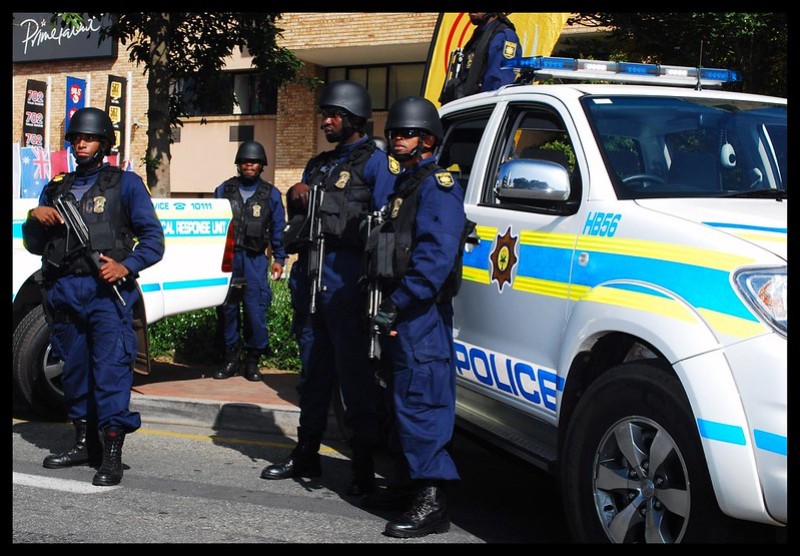Organized crime-related killings have become a noticeable figure within South Africa’s overall murder rate, which analysts note continue to rise. This is attributed to gang violence, corruption, and the emergence of targeted killings as a criminal market unto itself.
GI-TOC recorded between 2000 and 2022 almost 500 targeted killings in South Africa that were organized crime motivated; this itself is but a subsection of the 2,117 targeted killings across all categories in the same time frame.
In part because of this, the country’s murder rate has suffered a rise of 62% over the past 10 years. Law enforcement appears unable to keep up with the overall upswing in violence, as the South African Police Service’s homicide unit has seen their clearance rate drop by roughly half over the same period.
What makes organized crime-related killings so hard to clear is the multitude of potential motives behind any given murder. Turf wars, revenge killings, and collusion with law enforcement are all things that detectives must consider in any given case.
One factor that does link them all together, GI-TOC says, is how murder for hire has become a popular means for criminal groups to cement their influence where they set up shop. They act as an arm of the criminal governance process, through which gangs can control not only lucrative illicit markets but also the communities in which they reside.
As an additional problem for South African law enforcement, there appears to be no shortage of available contract killers in the country’s criminal underworld. Crime-hardened gang members moonlight as hitmen for additional work, which adds to police frustration as they must determine whether the murderer acted on behalf of his gang’s interests or an independent client’s.
And, in some cases, it is police officers themselves who are hired to carry out such targeted killings, GI-TOC said.
All of this contributes to South Africa having one of the highest criminality levels in Africa’s southern region.
Amongst GI-TOC’s recommendations is the establishment of a state database that can monitor murder rates by category. South Africa’s current crime statistics datasets do not disaggregate targeted killings or assassinations from other types of murder; they are all grouped together under a singular umbrella category.
The disadvantage therein is that it denies law enforcement the ability to properly quantify each aspect of the country’s rising murder rate and develop targeted strategies to address each aspect of the overall problem.



